UZBEKISTAN–CHINA: PARTNERSHIP TOWARD NEXT-GENERATION EDUCATION AND INNOVATION
November 3, 2025THE SECOND UZBEKISTAN–CHINA EDUCATION FORUM was officially inaugurated at the Uzbekistan State World Languages University.
The event is held under the topic:
“Training a New Generation of Professionals: Cooperation Between Uzbekistan and China in Education, Science, and Innovation for Sustainable Development.”
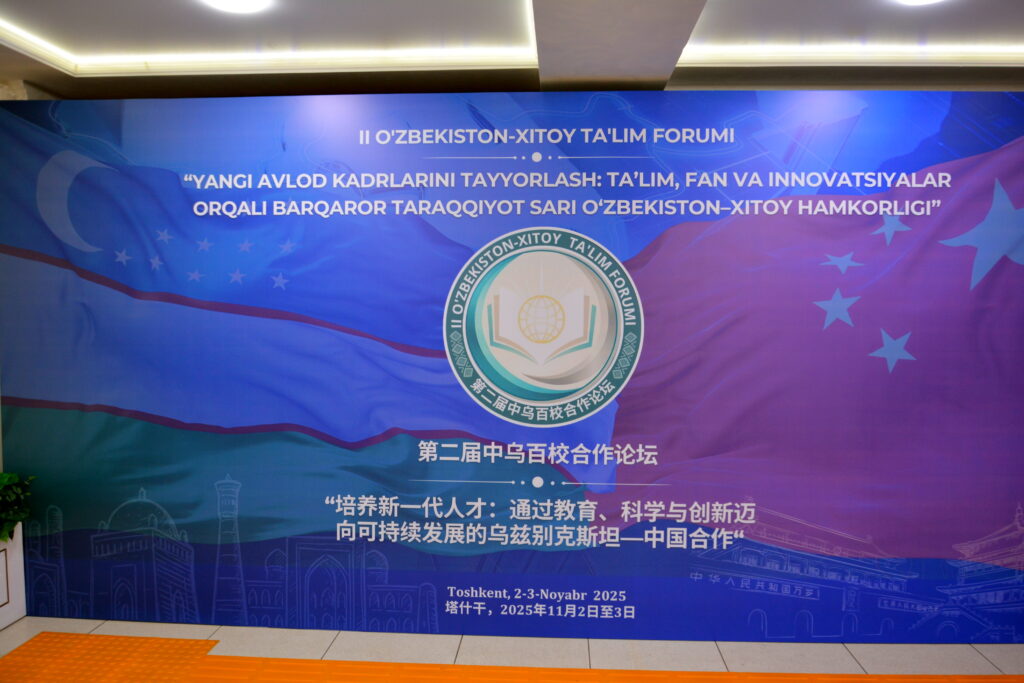
This international forum serves as a logical continuation of the first event held in China in January 2024, aiming to further deepen educational cooperation between the two countries.
It was organized by the Ministry of Higher Education, Science and Innovation of the Republic of Uzbekistan in partnership with the Ministry of Education of the People’s Republic of China.
The forum gathered representatives of Uzbekistan’s Ministry of Higher Education, Science and Innovation, leaders of more than 160 Uzbek educational institutions, and over 140 participants from China, including representatives of universities, vocational training centers, and enterprises.
At the opening ceremony, welcoming remarks were delivered by Kongirotboy Sharipov, Minister of Higher Education, Science and Innovation of Uzbekistan; Huai Jinpeng, Minister of Education of China; and Wang Jiwei, Ambassador Extraordinary and Plenipotentiary of China to Uzbekistan.
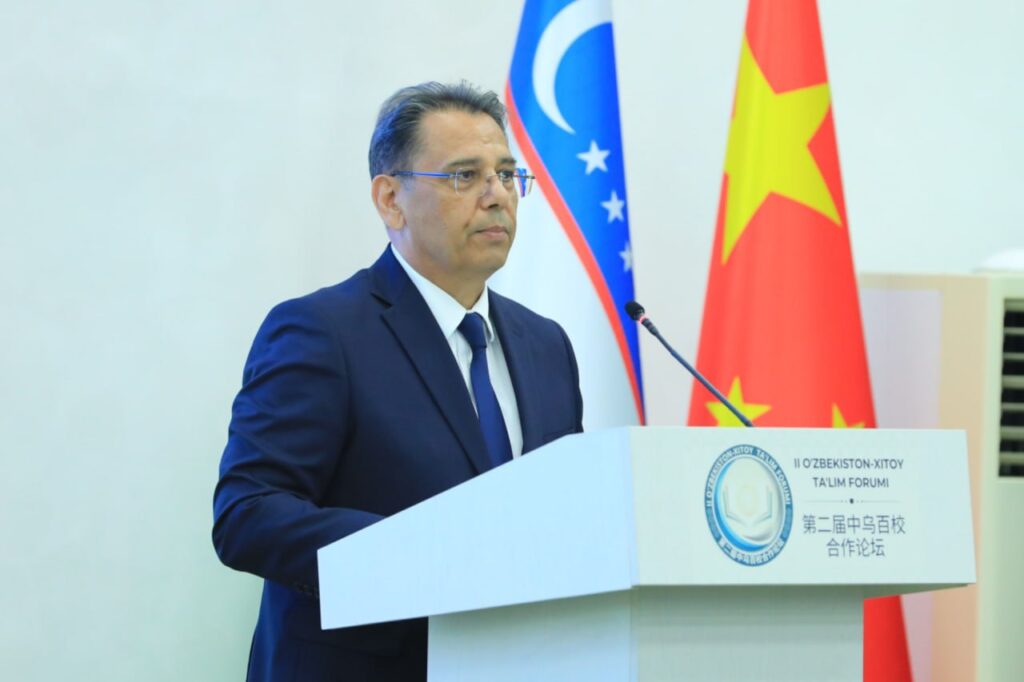
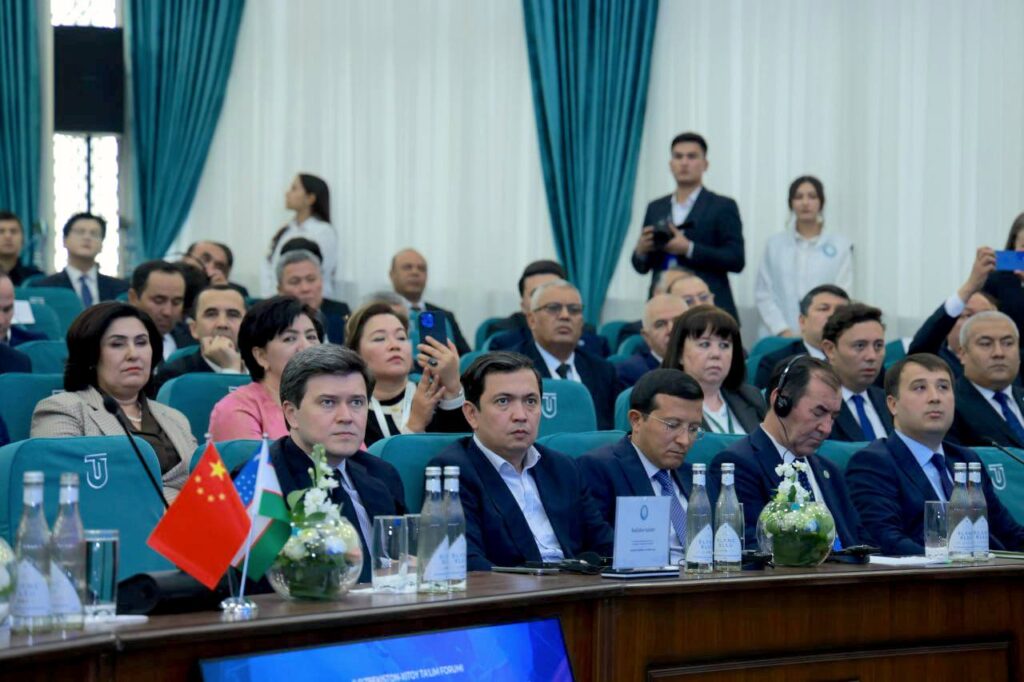
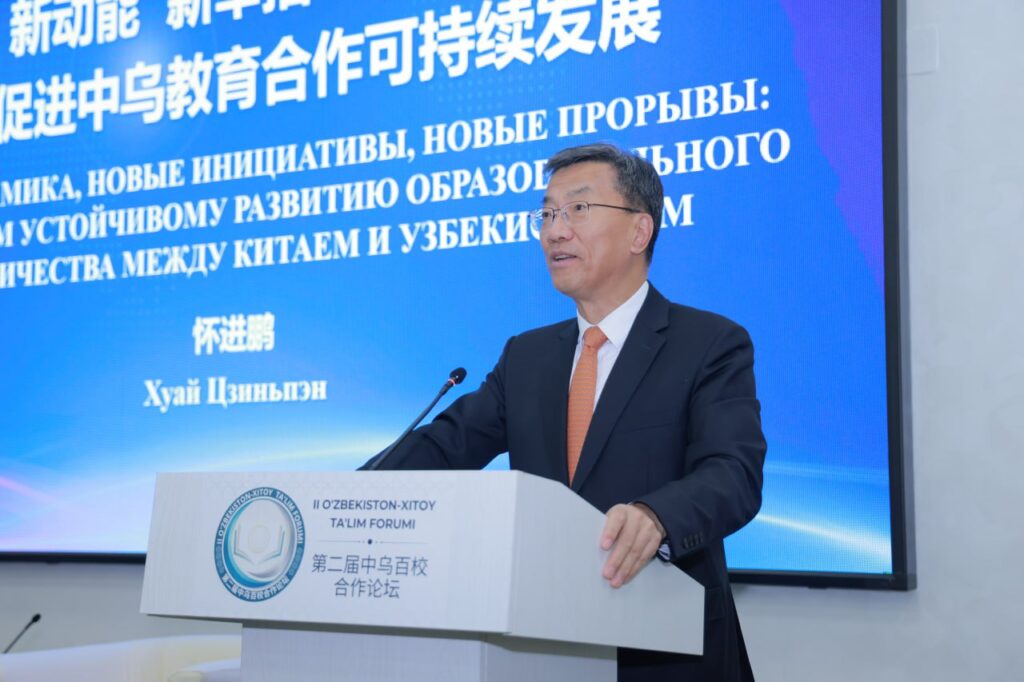
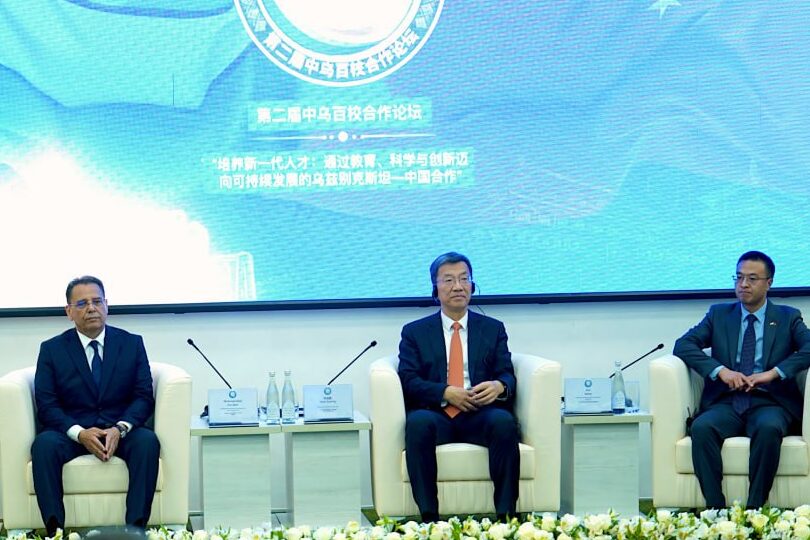
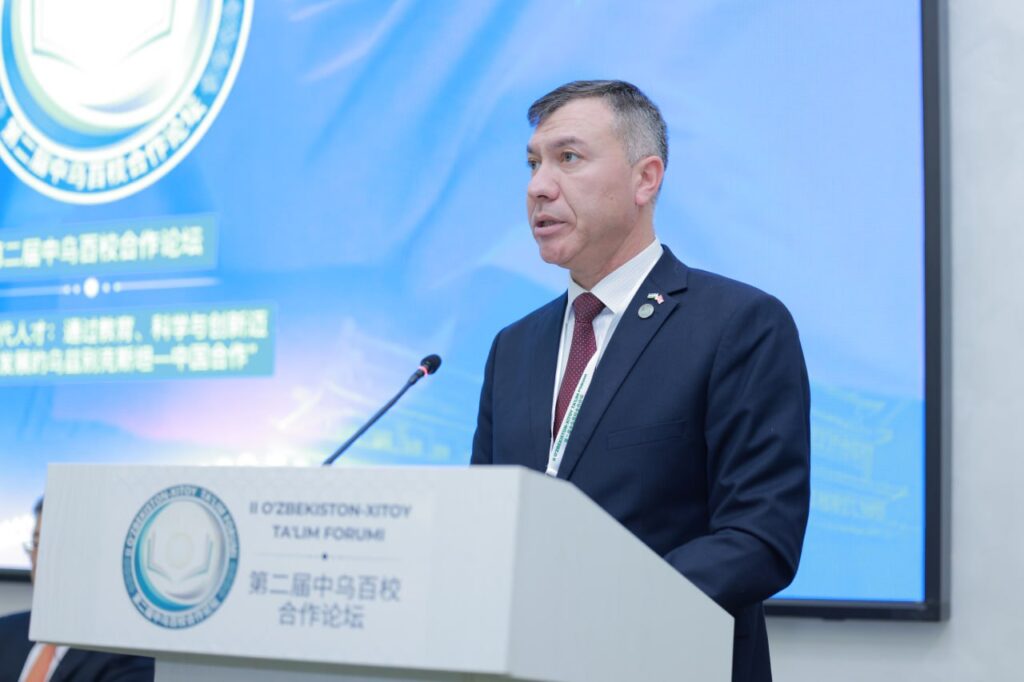
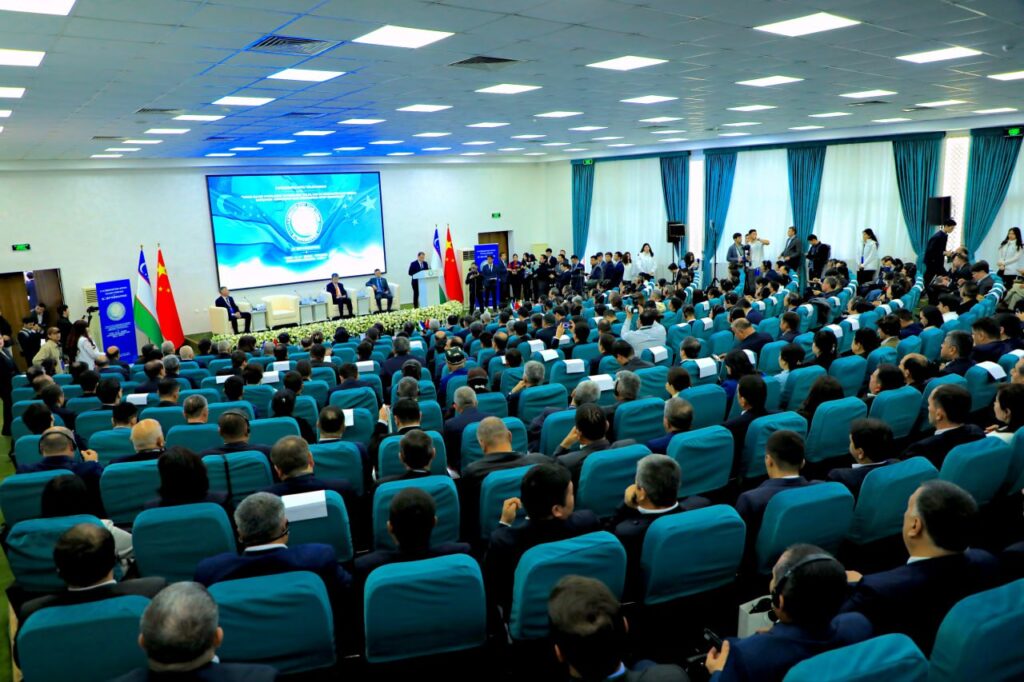
Kungratbay Sharipov stated:
“I believe today’s forum will elevate Uzbekistan–China cooperation to a new level, and that education and science will become the solid foundation of our countries’ strategic partnership.”
Huai Jinpeng emphasized the consistent development of educational ties:
“Today, the Tashkent branch of the Northwest Agriculture and Forestry University is successfully operating — a clear example of our cooperation in action. China is also ready to share its experience in digital education with Uzbekistan.”
At the start of the event, guests enjoyed exhibitions showcasing Uzbekistan’s cultural heritage — including traditional customs, national dances, folk games, and crafts from various regions. Participants also took part in a tree-planting ceremony, symbolizing environmental sustainability and friendship.
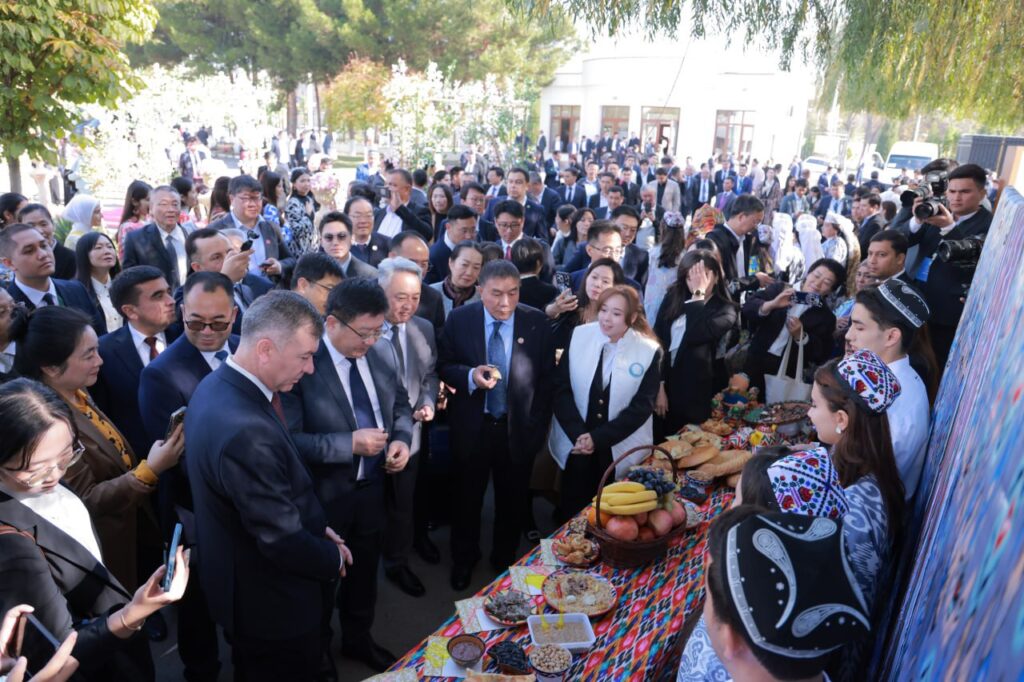
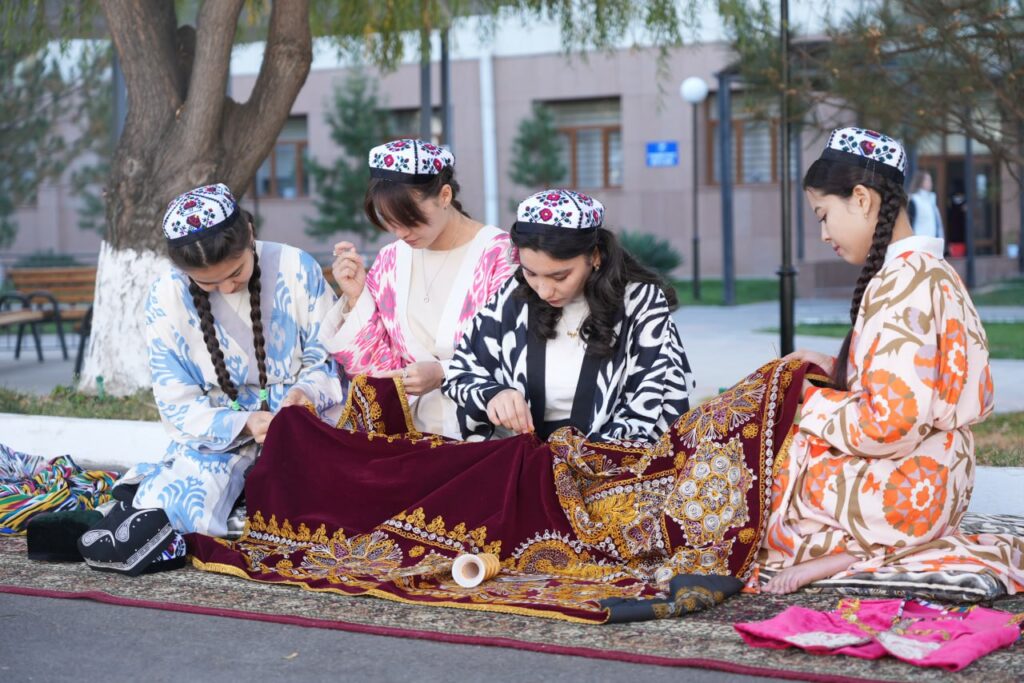
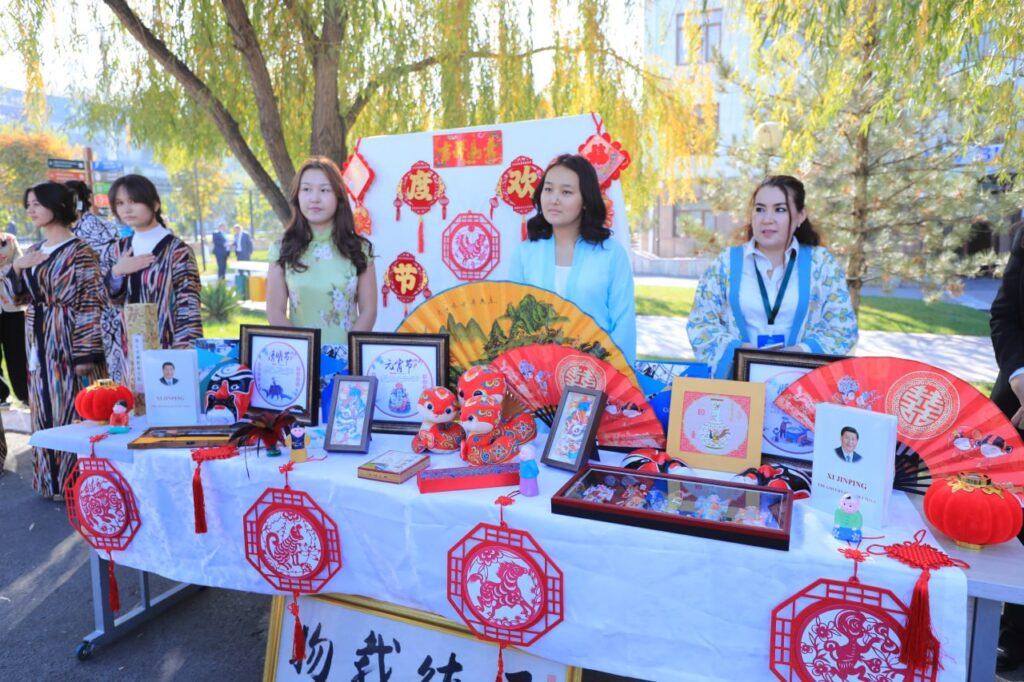
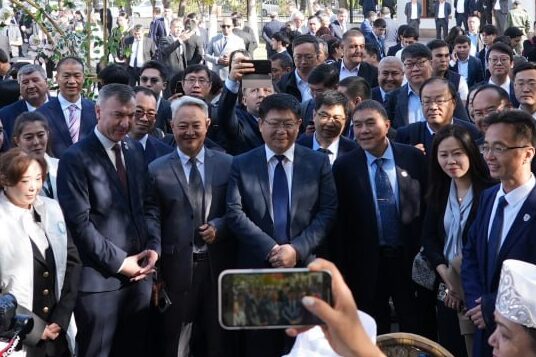
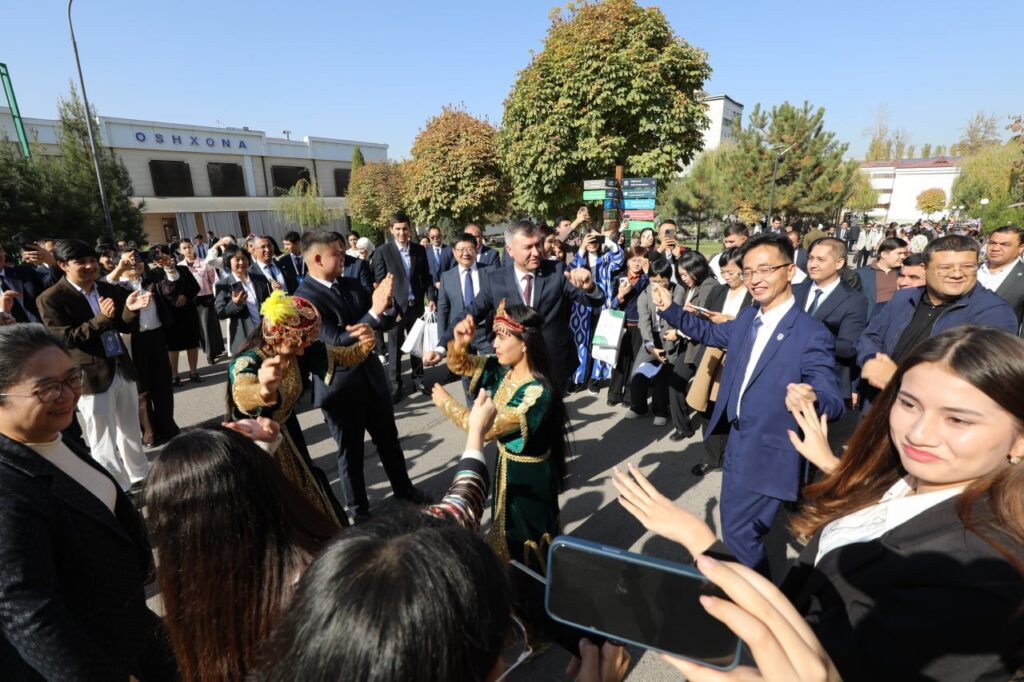
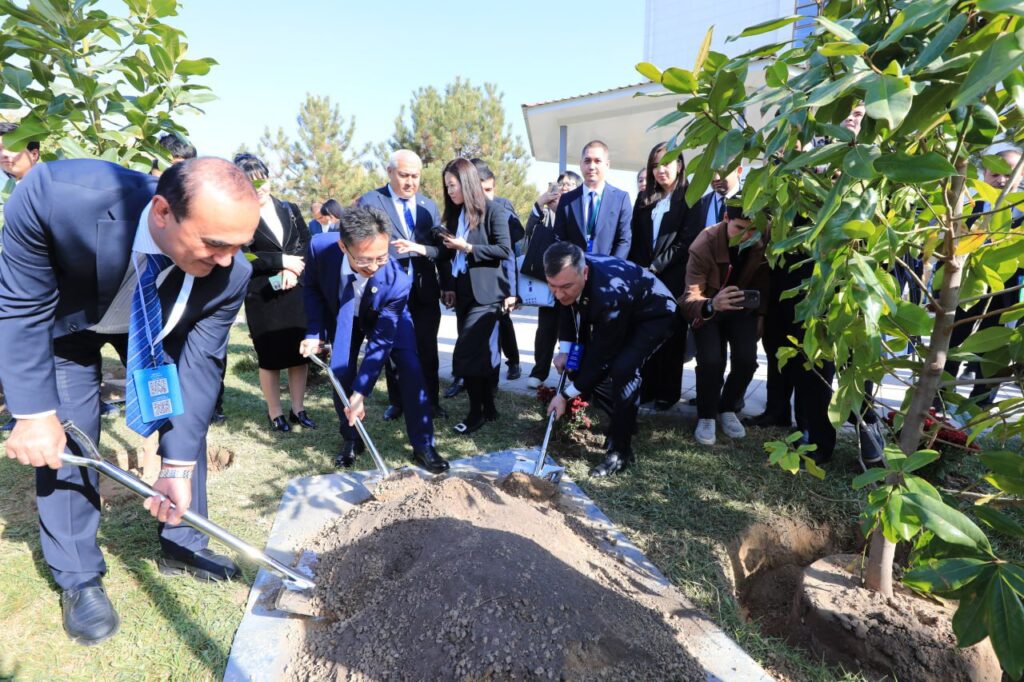
During breakout sessions, participants discussed key topics such as digitization of the education system, integration of artificial intelligence into teaching, practical application of scientific research, professional development of teachers, and expansion of student exchange programs.
Within the framework of the forum, more than 20 memorandums and agreements were signed between educational and scientific institutions of both countries, covering higher education, vocational training, science, innovation, and industrial cooperation.
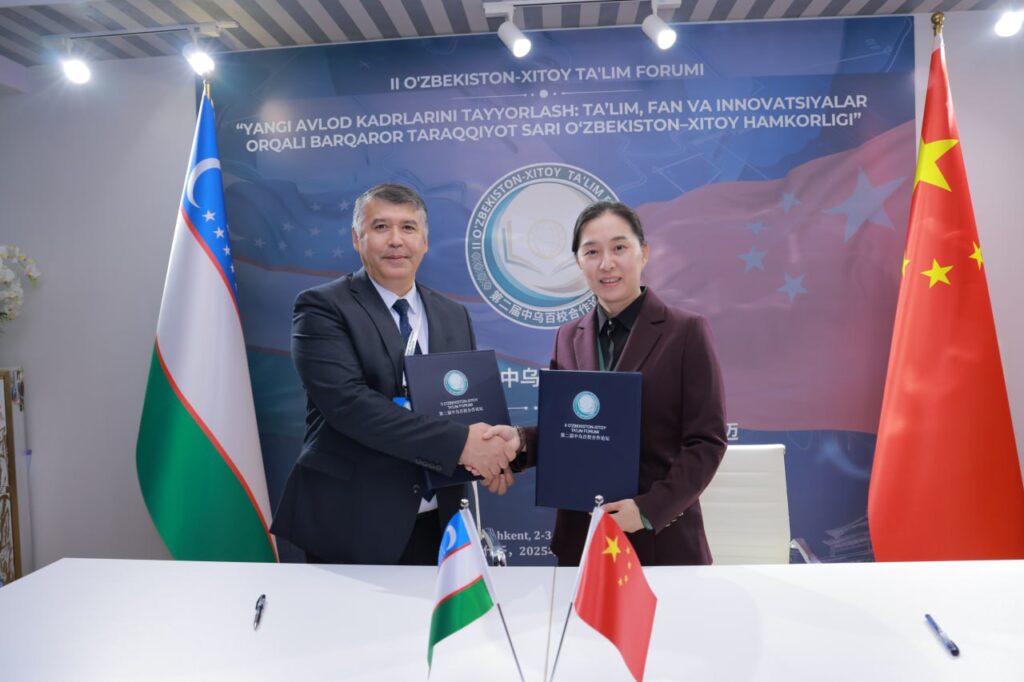
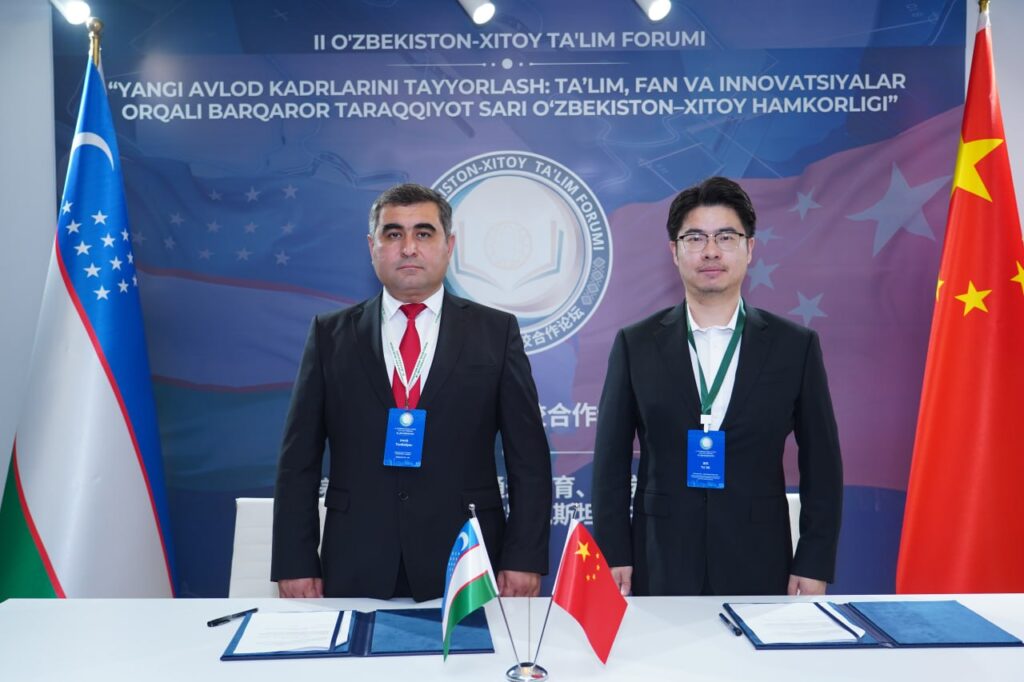
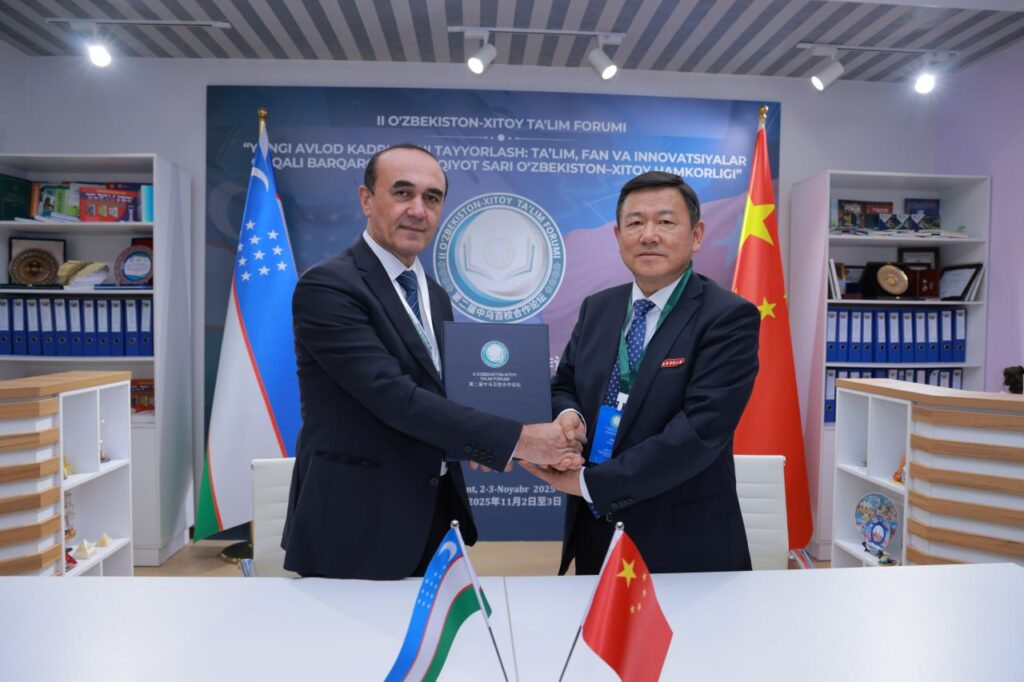
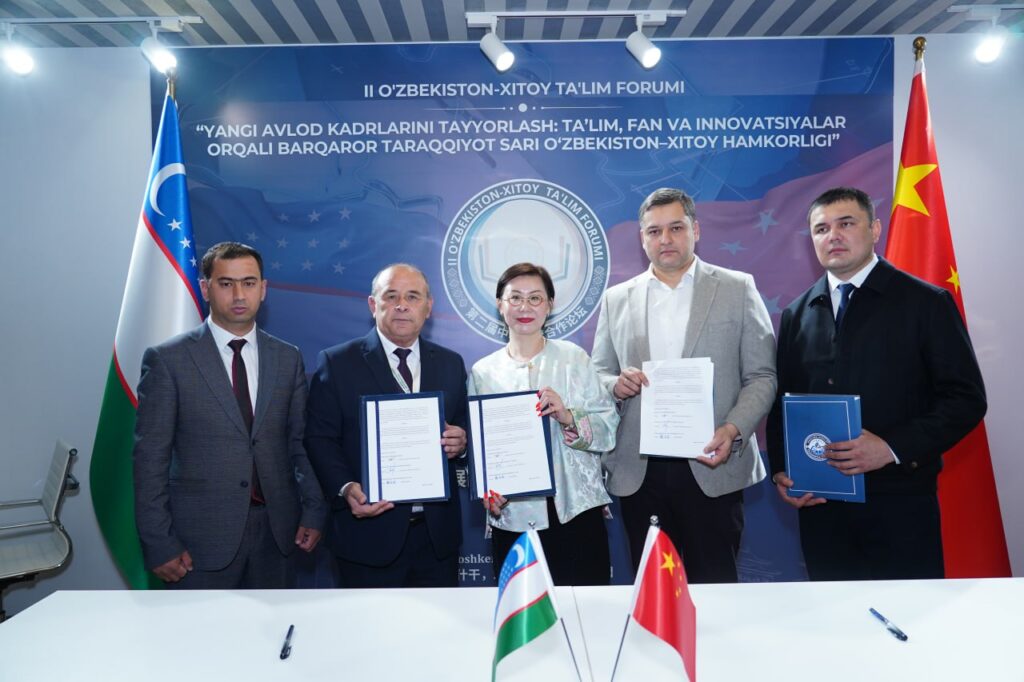
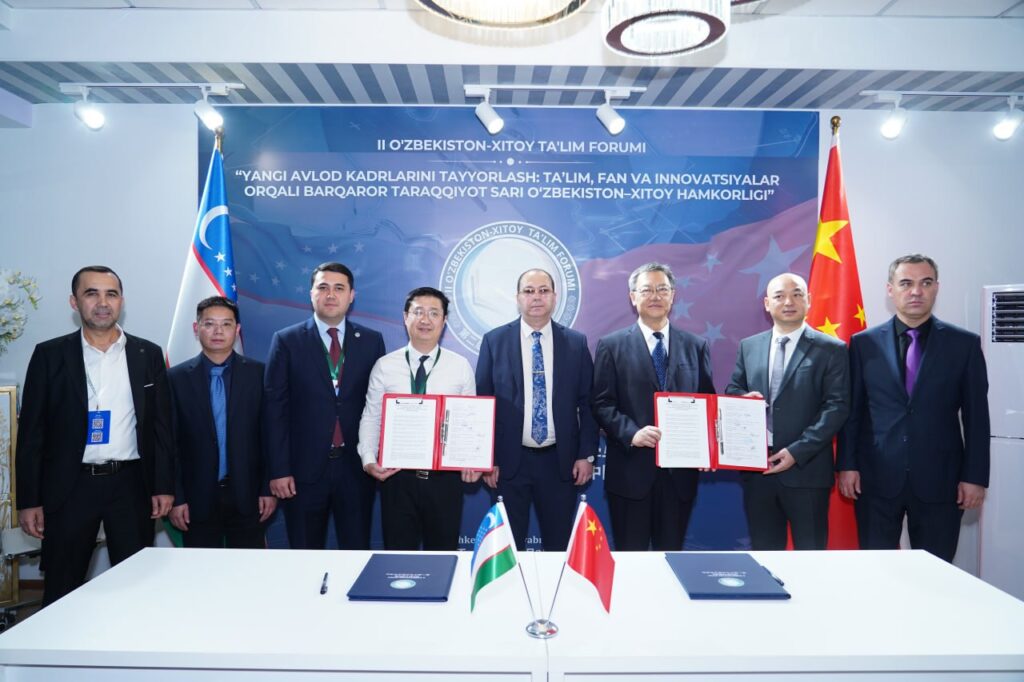
The event also hosted the first meeting of the Uzbekistan–China Vocational Education Alliance, attended by Azimjon Khusanov, Director of the Agency for Vocational Education under the Ministry of Higher Education, Science and Innovation of Uzbekistan; Hugo Fu, Secretary of the Alliance; and leaders of technical educational institutions.
Azimjon Khusanov spoke about the ongoing reforms aimed at improving education quality and introducing international standards:
“Currently, more than 442,000 students are studying at 598 technical colleges. In 47 of them, training is conducted under international programs in cooperation with companies from the UK, Germany, Saudi Arabia, and Switzerland.”
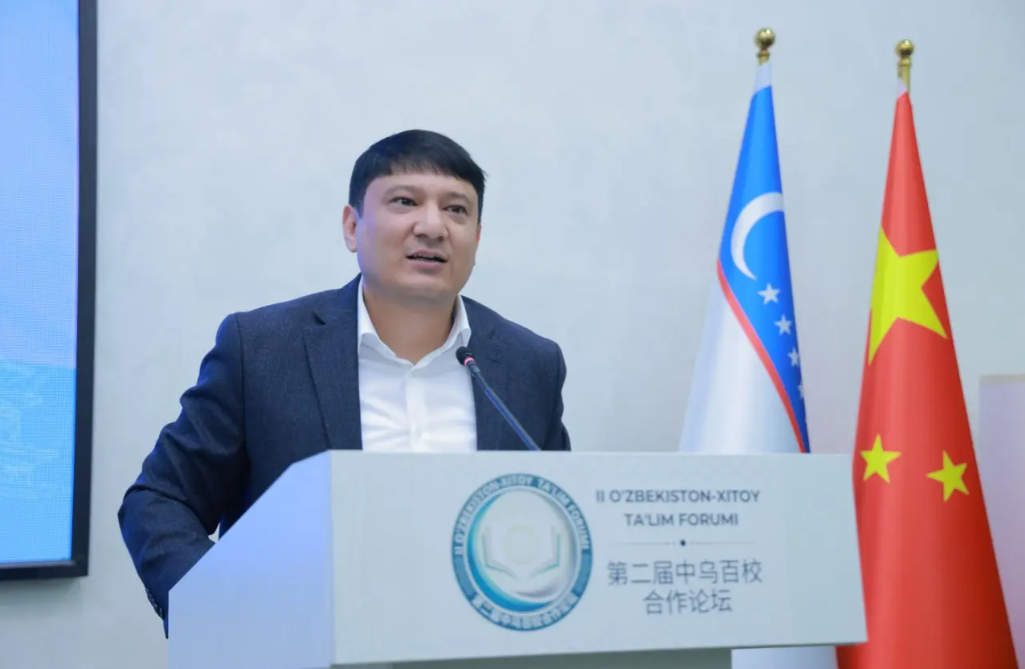

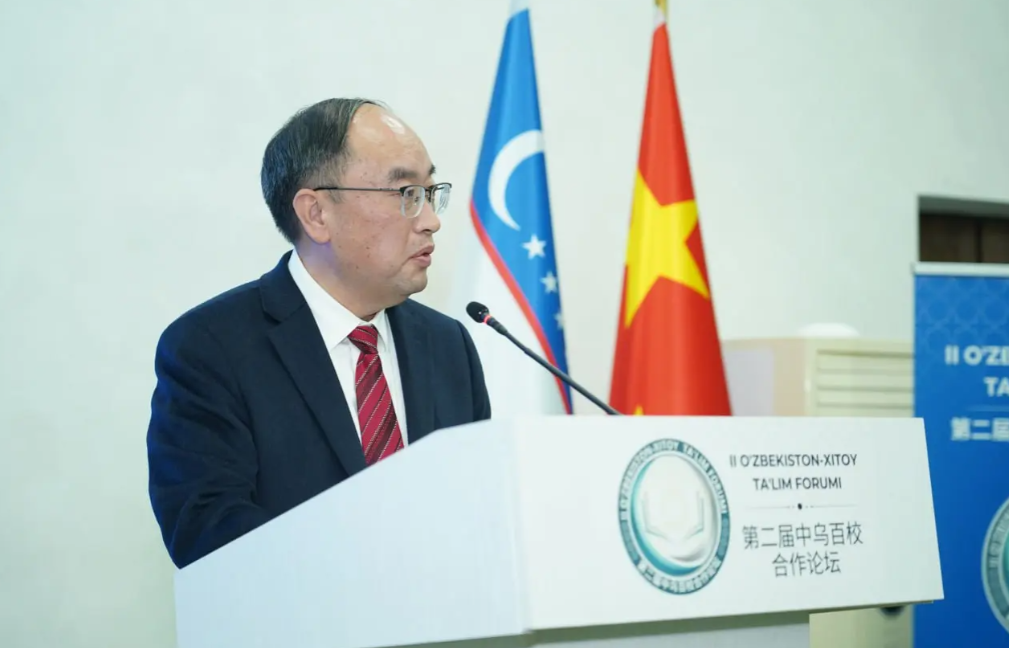
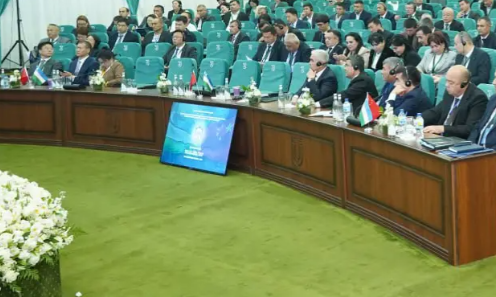
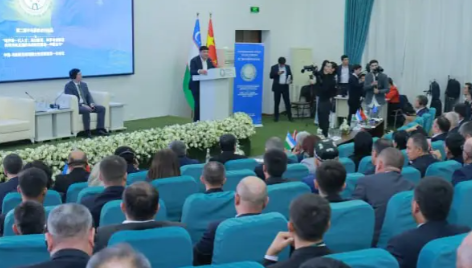
It is noteworthy that 2,725 students in 23 Uzbek universities study the Chinese language in 38 specialties, while over 7,000 Uzbek students are currently pursuing education in China.
In the past three years, more than 500 students and teachers have received grants for study and professional development in China.
There are now 29 joint educational programs operating between higher education institutions of the two countries, a vivid example of practical academic integration.

The forum demonstrated that Uzbekistan–China cooperation in education is becoming a key pillar in implementing the “Uzbekistan–2030” Strategy, focused on human capital development and transition to an innovation-driven economy.
Notably, the work of the Uzbekistan–China Vocational Education Alliance, the expansion of joint universities, and agreements on the integration of education, science, and industry are expected to have a direct positive impact on youth development and the national labor market.

